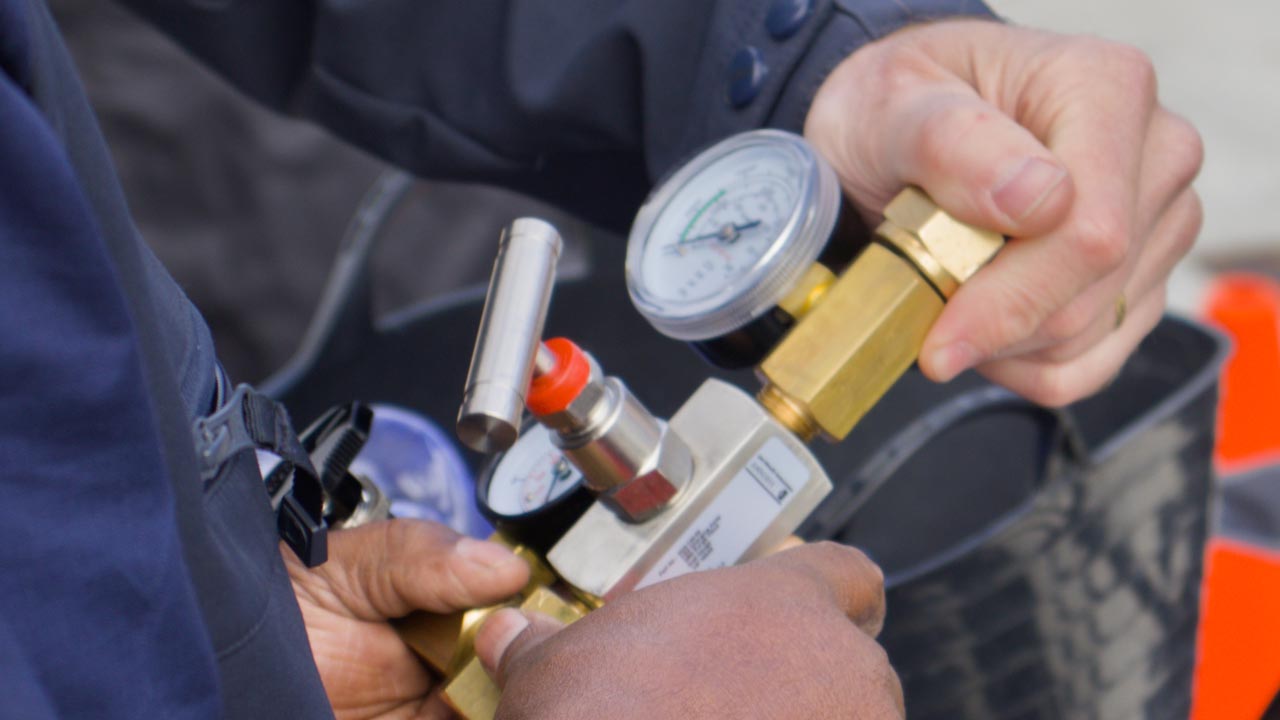Survey highlights training gaps for HVAC&R technicians
Powering Skills Organisation (PSO) has published the results of a survey to identify gaps in current training for HVAC&R technicians and other challenges in education that are affecting the industry.

The survey, which was distributed earlier this year, yielded 526 responses from a cross sector of industry, including, small, medium and large employers, union organisations, industry associations, regulatory bodies and registered training organisations (RTOs). The positive response was achieved with support from AIRAH, AMCA Australia and the ARC.
Business owners speak up
Most responses were provided by small business employers located in metropolitan regions operating across multiple HVAC&R system types and applications including domestic, commercial and industrial refrigeration. The mining, transport and defence sectors were all represented, highlighting the technical diversity of the HVAC&R workforce.
The survey identified strong dependence on hydrofluorocarbon refrigerants, increasing engagement with flammable and natural refrigerants, and widespread multi-licensing among technicians. Safety, testing, and diagnostic activities were dominated by work on electronic controls and commissioning tasks, reflecting a shift towards technologically complex systems.
Feedback from employers and RTOs highlights pervasive gaps in apprentice and graduate training, particularly in areas such as:
- Exposure to modern systems
- Practical competencies
- Advanced controls
- Emerging technologies such as artificial intelligence (AI) and Internet of Things (IoT)
- Digital literacy
- Energy management
- Workplace skills such as communication and customer service.
Employers noted that because of these gaps, training does not adequately support a graduate to work effectively within the HVAC&R industry upon completion of their qualification.
Respondents noted that jurisdictional inconsistencies in licensing, regional access limitations, and variation in qualification recognition contribute to barriers for workforce mobility, productivity and business efficiency. Qualifications such as the Certificate III and Diploma level pathways are seen as outdated, lacking in specialisation and practical rigour, and misaligned with current industry needs. The Certificate II in Split Air Conditioning and Heat Pump Systems is broadly recognised as insufficient for safe and competent trade practice.
Areas for attention
The report offers a number of high-level recommendations, not all directly relating to the training package itself. These include:
- Reforming qualification structures
- Expanding electrical competencies
- Increasing work-based and practical training
- Improving regional access
- Harmonising licensing standards
- Strengthening soft skill integration
- Investing in educator development.
The report emphasises that collaboration between industry, regulators and training organisations is vital to ensure training programs meet expectations and set clear pathways for career progression and technical upskilling.
“AIRAH was pleased to support this survey, and we are grateful to the many respondents who gave us a clear view of the training gaps. Some of them were well known to us – such as the increasing need for training on flammable refrigerants – but there were also new insights,” says AIRAH CEO Sami Zheng.
“Thanks to the excellent work of PSO in collating the report, we are better prepared to redevelop the training packages. Education is fundamental to AIRAH and our industry, and we look forward to strengthening the sector’s offerings.”
The report is available on the PSO website.
PREV
NEXT
Comments
Advertisements
Recent news
- Additional keynote announced for HVAC26
- Dog days: how our best friends affect IAQ
- Cert II training and impact – have your say
Latest events
- Additional keynote announced for HVAC26
- PSO to host focus groups at AIRAH Hobart Industry Night
- Huge attendance for 2026 ASHRAE Winter Conference


Leave a Reply